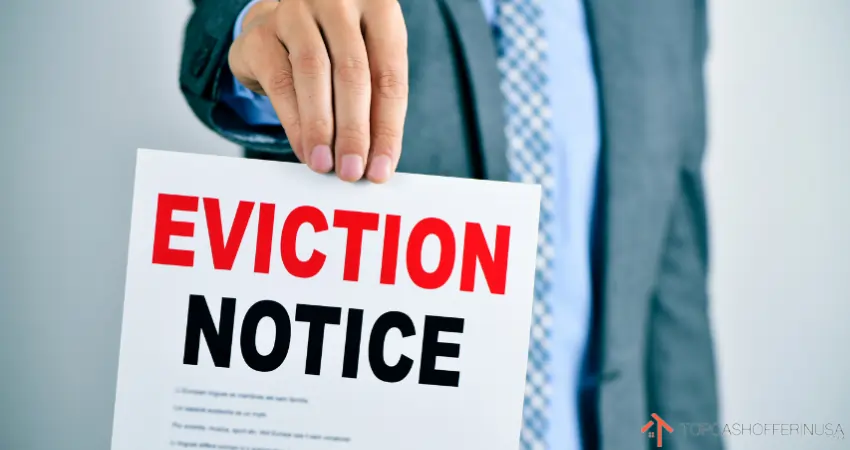Why is it Illegal To Evict Squatters?
Such settlers are even entitled to a legal title after living at the property for some time. They can become legal owners even though they entered the property unlawfully. Therefore, as soon as you uncover that squatters have taken over your property, you must do everything you can to remove them. The longer they stay, the more problems you will face in getting them to leave the premises.



